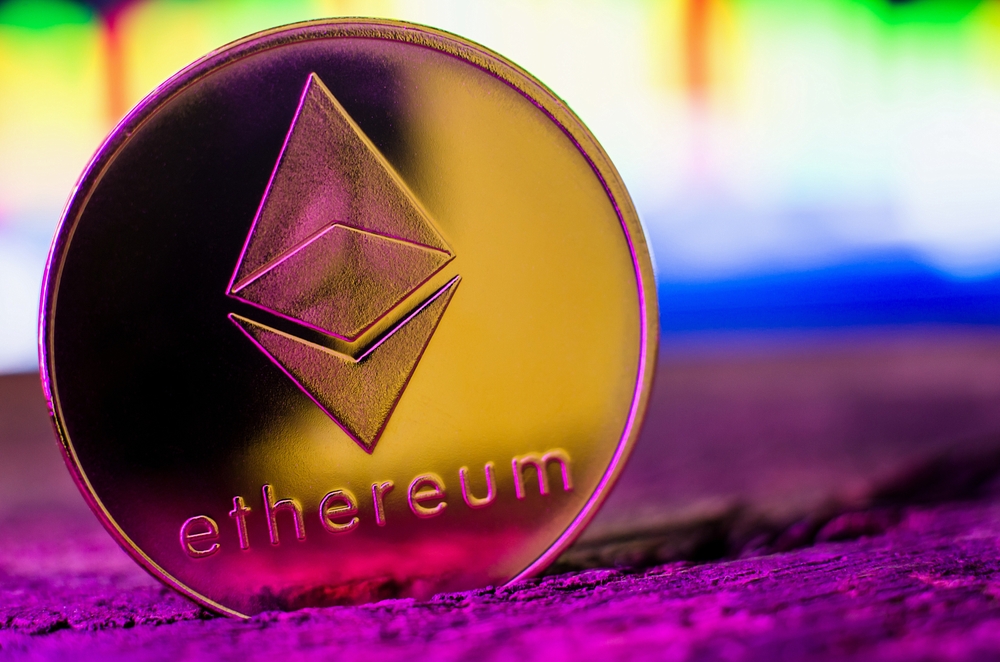Ethereum has been the go-to platform for those looking to build blockchain solutions for years. But as the industry evolves, several other platforms are beginning to redefine the blockchain space.
Among them are Solana, Cardano, and Avalanche. While Polygon’s CEO Sandeep Nailwal recently predicted that Ethereum would remain the dominant platform in the space and that other platforms pose no threat, these blockchain networks are not to be underestimated.
They bring the potential to revolutionize the blockchain space in ways we can only imagine.
Do Ethereum “Killers” Stand Any Chance?
The recent dismissal of the potential threat posed by Solana and other rising Layer 2 platforms by Sandeep Nailwal, CEO of Polygon, might not be the absolute truth. The founder of Polygon may not take Solana, Cardano, and Avalanche seriously, but these platforms are still significant competitors in the blockchain field.
Solana has been making waves due to its astonishing speeds and low transaction costs. At the same time, Cardano is known for its emphasis on safety and numerous agreements with governments and organizations.
Avalanche has also earned recognition for its almost instantaneous transaction finality and ability to connect with other networks.
The Great Debate: Layer 1 Versus Layer 2
Contrary to the opinion of many in the blockchain community that L2 could challenge the supremacy of L1, Nailwal observed them as two solutions working together in tandem. He believes that L2 solutions, like Polygon, could supplement L1 platforms to reduce the scalability problems they may encounter and make transactions faster and more affordable without compromising security.
Nailwal believes that the capabilities of Ethereum’s Layer 1 platform can be taken to the next level with the implementation of Layer 2 solutions. Thus, the network becomes a more formidable presence in the blockchain universe.
He believes combining Layer 1 and 2 solutions would result in an improved and robust blockchain framework. Nevertheless, the current development aims toward interoperability.
The Future of Cryptocurrency
The potential of blockchain technology is a much-discussed subject, with some suggesting that a multi-chain future is in the pipeline. This change would involve various chains communicating to create interoperability, resulting in higher scalability and adaptability.
Supporters of a multi-chain future believe it has multiple benefits over a single-chain system. Such benefits include increased diversity and adaptability, with chains specializing in various areas.
This growth encourages innovation and rivalry. Subsequently, it accelerates development and advancement.
Interoperability facilitates more extensive scaling since numerous chains can collaborate to manage more significant transaction amounts. As the blockchain industry keeps developing, this development is essential as more end-users and applications are incorporated into the system.
There are also possible gains related to security and decentralization. Distributing transactions among multiple chains minimizes the danger of a single point of failure, making the entire network more reliable and less vulnerable to attack or influence.
